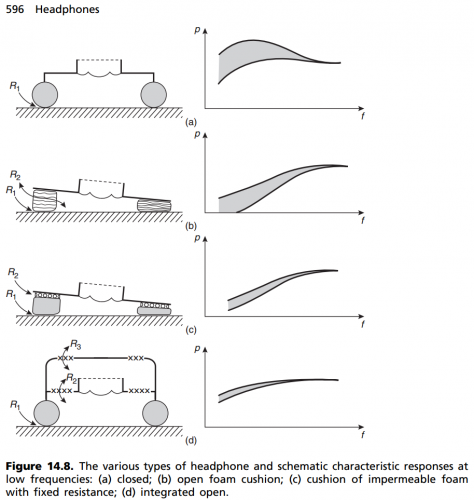In the case of the iDSD that is the expected result as the iDSD has an iPurifier built into it. You've admitted that you tested the Jitterbug mostly with the iDSD.
I run comparisons all the time. Due to the nature of these experiments blind testing is impossible. Where volume is a concern I do my best by ear. Generally if I feel a difference seems to be attributable to a slight volume imbalance I would chalk it up to "in my head" or really a level imbalance. I often go back to old configurations and gear to double-check that Ive actually achieved an upgrade.
I've taken ABX tests (using Foobar ABX add-on) for certain sound tests but I found them overall useless as minute differences between, for example -- 96kHz and 44.1kHz -- were quickly muddled after minutes of rapid ABX switching.
The technology and understanding of neuroscience doesn't exist yet to empirically measure with accuracy the true quality of music that is perceived by the listener.
Anyone should be able to tell the difference between a NOS DAC and a modern DS DAC when, for example, playing a CD through them. I would agree that a minor difference of aliasing present between a 44.1 kHz sample as a 96 kHz sample would be difficult to tell apart from one another (especially with lower-end gear...). The difference is there but as mentioned above, minute.
Thirdly - can you explain this:
You're trying to hard. Digital signals are 1s and 0s. 1s and 0s are turned into analogue square waves traveling across analogue lines with resistance, capacitance, etc. The rises and falls are chopped up into time blocks; if the clock didn't exist the square wave could not be interpreted successfully and therefore no communication is possible. Of course, I understand perfectly what yourself and others are referring to by "clock" is the WRDCLK signal, which USB audio does not carry. It's just that you guys are trying to hard to jump on me for something I said "wrong".
It's exactly because the receiver has no sync with the transmitter's clock timing it has to make educated guesses about imperfect anaolog square waves coming in.
BTW, just to show off, this is what I bought and am waiting for delivery. That's a USB controller card with a 24MHz OCXO on external power! It would be great if it solves my noisy DSD512 problem...















![20170926_002750[1].jpg](https://cdn.head-fi.org/a/10005832_thumb.jpg)









